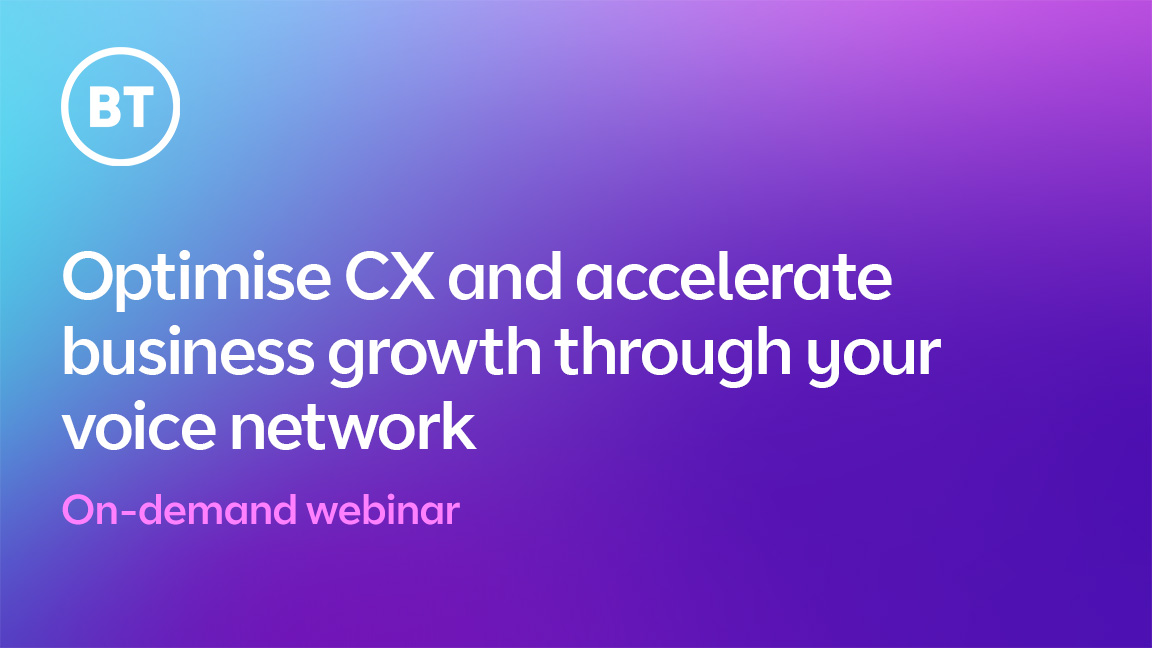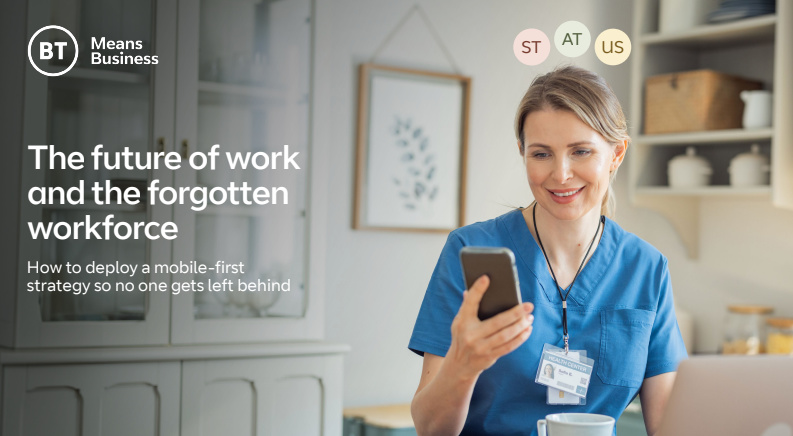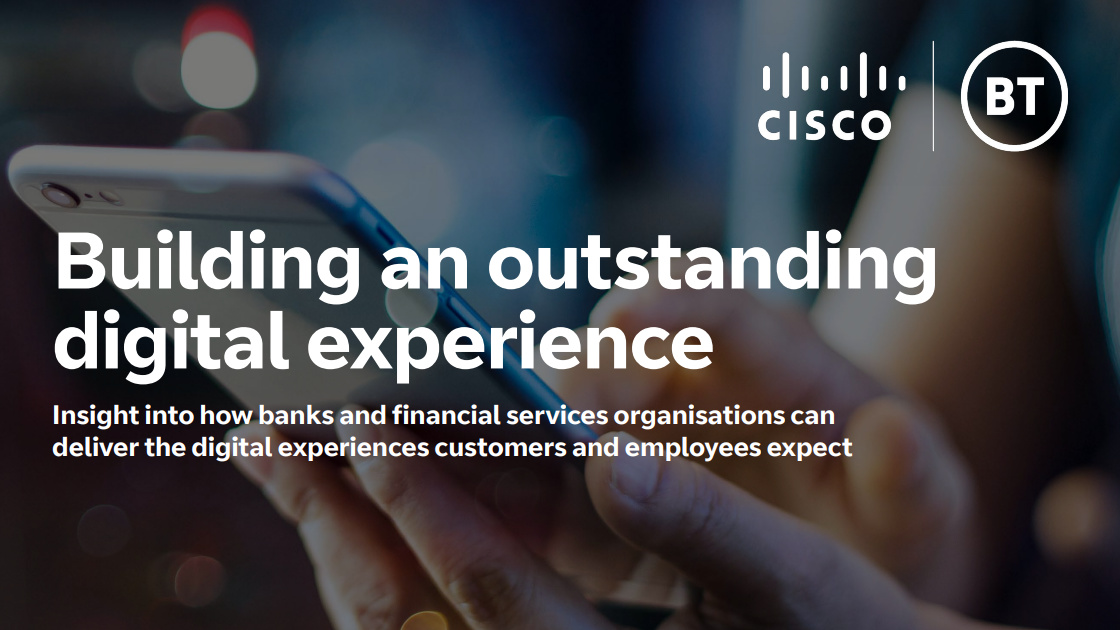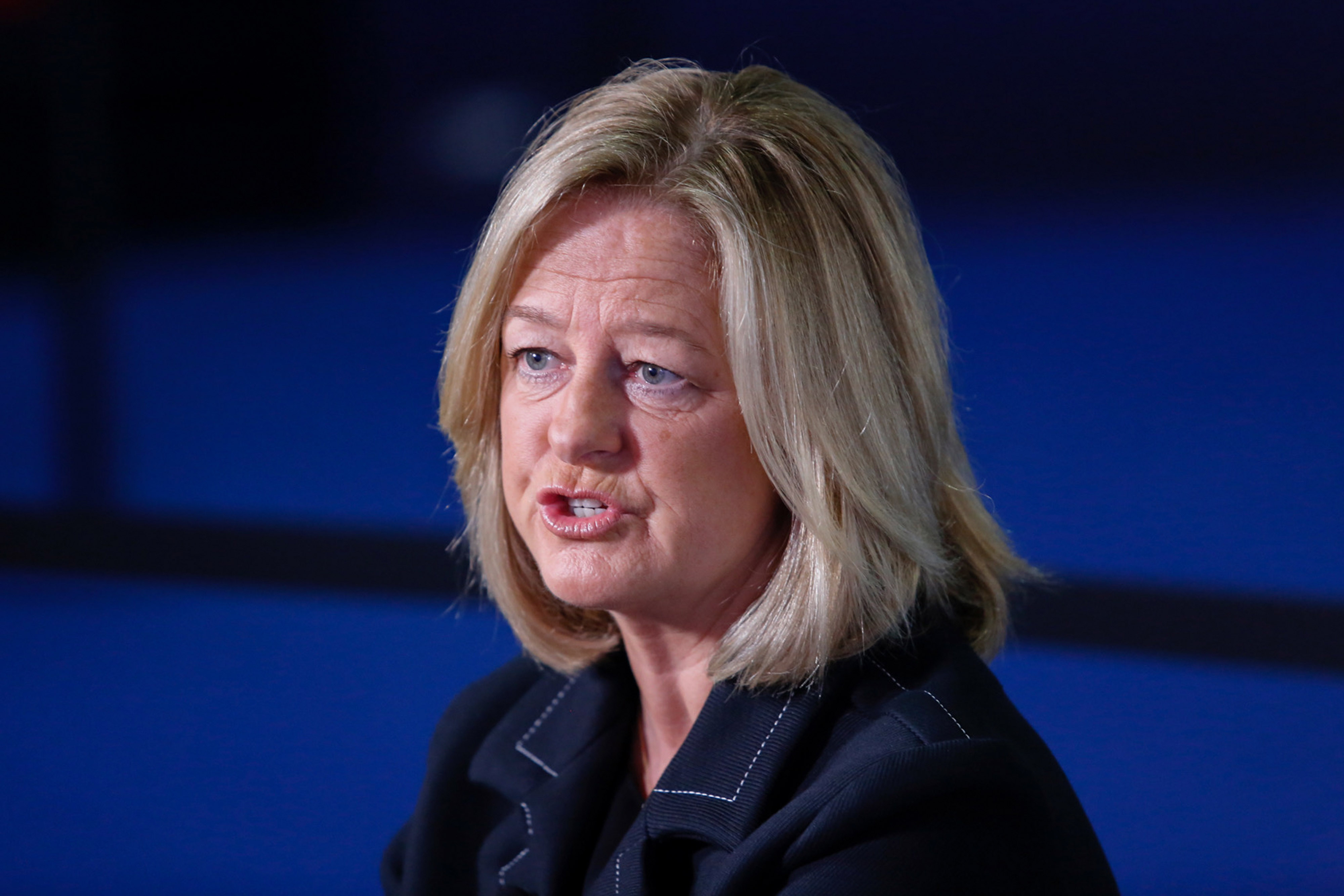Choosing the right digital transformation partner
In a rapidly changing business and technology landscape, it pays to have deep knowledge and strong connections on your side

Let’s face it, the new generation of business technology can be confusing. With the pace of change seemingly moving faster than ever before, it can feel like there’s a new breakthrough every six months – and if you listen to all the hype then it can lead you to believe that you’d better be an early adopter, otherwise your competitors are going to leave you in the dust.
From 5G to the internet of things (IoT), artificial intelligence (AI) to edge computing and everything in between, there are some truly game-changing use cases coming to the fore. But, as with anything else, just because it’s there doesn’t mean you need it – and it could well be that a different solution would fit your situation far better.
Understanding the challenges facing your business now, and what it wants to do in the future, is vital to understanding what technologies you should be adopting. And there’s no better way to navigate these questions than with a seasoned and innovative partner, like BT. We provide an effortless end-to-end service, taking care of every detail from ideation to execution and managed service. We provide our customers with a hassle-free experience throughout the project lifecycle.
Surveying the landscape
Before considering embracing any new technology, it’s essential to look at what it actually does – not just what its cheerleaders say it does – and how others are using it. Noting here that outcomes, not the tech itself, are the key: it’s important not to be constrained by what’s already happening in any given sector. A use case in one industry could provide a useful blueprint for another.
For example, while cloud is mature at this point, the way it is used has evolved over time with organisations moving on from simple Software as a Service (SaaS) applications and storing data in the cloud, to more targeted solutions. Analyst firm Gartner predicted in late 2022 that one of these – industry cloud platforms – would become a key trend in 2023, adding that by 2027 more than 50% of enterprises will be using them as part of their digital transformation strategies.
Another technology that has come to change the way multiple industries work is IoT. Only a few years ago its typical use cases were limited either to the consumer realm in the shape of smart thermostats and connected doorbells, with some industrial applications also put forward – normally with a focus on robotics in manufacturing.
Fast forward to today and there are concrete examples of IoT being used to improve safety and efficiency far beyond the idea of preemptive maintenance. One of these is a BT project in the Yorkshire Dales demonstrating the powerful benefits this technology can provide for not only business, but communities too. Combining smart IoT sensors and mobile network technology, BT is enabling Yorkshire Water to benefit from remote water quality monitoring.
The data from the monitors is transmitted by a new EE 4G mast, allowing scientists and engineers to proactively select the best available water sources for transfer to the water treatment works. Weather, temperature, and the condition of the moorland can impact the quality of water sources, as they can influence things like the amount of peat found in the water.
Yorkshire Water says the better the water quality is at source, the less energy it takes to process at the treatment works, reducing its carbon footprint and supporting its net zero carbon ambition.
Not only is the new project enabling higher quality water to enter the treatment works (which in turn requires less processing), but the new 4G mast is also providing connectivity for 1,000 residents, holiday homes and local businesses in the area too – demonstrating how technology can provide multiple benefits and be a force for good.
Finding the right partner
Being clear about what you want to achieve as a business and gathering an understanding of which technologies could help, the next step is working with your connectivity partner to bring these plans to life.
It pays to work with a partner who has a solid understanding of your needs and the right experience handling projects of a similar size and scope to yours, even if it’s not exactly the same. You’re also not looking for a partner who says they have the one revolutionary product that can solve all your problems, but one who can leverage their own core strengths and knows how to bring in other suppliers and talents when needed.
“When we talk about digital transformation, it’s not only about the tech. It’s a case of bringing together people, processes and technology to create an end-to-end solution. One that adapts to meet the business’ outcomes. This is the standard that our customers expect – and it’s why BT’s partnerships are so valuable in this space.” Alex Foster, Director for Division X, part of BT’s Business unit, tells ITPro. “Bringing the right partners together creates a complete digital ecosystem for our customers, and it’s something we’ve spent time on with our Partner Advisory Board (PAB), which includes PwC from the consultancy perspective, Microsoft from the cloud space, Ericsson from an infrastructure perspective, and Atos from an application perspective,” she adds.
An example of how this works in practice is BT’s work with the Port of Tyne in South Shields to help fulfil its plans to become a world-class smart port. BT used Ericsson technology for the installation of a hybrid fibre, 4G and 5G private network on the site, which will form a key part of the port’s Tyne 2050 strategic plan.
Moving ahead with confidence
While digital transformation may be a journey rather than a destination, it’s made up of defined projects, each with their own objectives, budgets, and roadmaps, so it pays to have a knowledgeable co-pilot like BT to get you there.
Whether your strategy takes a 50-year view or a more traditional five year one, having a partner that understands your business and the challenges it faces is the key to success. BT, with its long pedigree as a business in its own right, is the digital backbone of more than a million businesses and public sector organisations across the world. Combining secure, resilient networks with unrivalled tech partnerships, the company exists to help customers unlock the value of their digital transformation, with expert support every step of the way.
“Digitisation starts with a strong digital foundation – the network is the bedrock on which you build and evolve a business. This will enable you to stay agile and unlock new business models and opportunities so you can respond to the changing market,” added Foster. “At BT, our focus is always the customer and what’s right for them. The future is now and we’re here to help them make the most of it.”
Get the ITPro daily newsletter
Sign up today and you will receive a free copy of our Future Focus 2025 report - the leading guidance on AI, cybersecurity and other IT challenges as per 700+ senior executives
ITPro is a global business technology website providing the latest news, analysis, and business insight for IT decision-makers. Whether it's cyber security, cloud computing, IT infrastructure, or business strategy, we aim to equip leaders with the data they need to make informed IT investments.
For regular updates delivered to your inbox and social feeds, be sure to sign up to our daily newsletter and follow on us LinkedIn and Twitter.
-
 Cleo attack victim list grows as Hertz confirms customer data stolen
Cleo attack victim list grows as Hertz confirms customer data stolenNews Hertz has confirmed it suffered a data breach as a result of the Cleo zero-day vulnerability in late 2024, with the car rental giant warning that customer data was stolen.
By Ross Kelly
-
 Lateral moves in tech: Why leaders should support employee mobility
Lateral moves in tech: Why leaders should support employee mobilityIn-depth Encouraging staff to switch roles can have long-term benefits for skills in the tech sector
By Keri Allan
-
 Optimise CX and accelerate business growth through your voice network
Optimise CX and accelerate business growth through your voice networkwhitepaper Protecting the human experience in a digital world
By ITPro
-
 IDC InfoBrief: Sustainability doesn’t need to be all stick and no carrot
IDC InfoBrief: Sustainability doesn’t need to be all stick and no carrotwhitepaper CIOs are facing two conflicting strategic imperatives
By ITPro
-
 ‘The pace of change is taking its toll’: Business leaders are becoming burned out by rapid technological changes
‘The pace of change is taking its toll’: Business leaders are becoming burned out by rapid technological changesNews Tech leaders are contending with mounting stress levels amidst a sharpened focus on adopting new technologies and ramping up transformation efforts
By Emma Woollacott
-
 Unlocking the power of your digital services
Unlocking the power of your digital servicesSponsored Businesses have invested significant cash into technology since COVID-19, but are they really getting their money's worth?
By ITPro
-
 The forgotten workforce needs a new communications strategy
The forgotten workforce needs a new communications strategySponsored Reliable communications technologies are key to building an efficient remote workforce
By ITPro
-
 The future of work and the forgotten workforce
The future of work and the forgotten workforcewhitepaper How to deploy a mobile-first strategy so no one gets left behind
By ITPro
-
 Building an outstanding digital experience
Building an outstanding digital experiencewhitepaper Insight into how banks and financial services organizations can deliver the digital experiences customers and employees expect
By ITPro
-
 Inbound BT CEO Allison Kirkby faces challenge of leading telco through cuts in 2024
Inbound BT CEO Allison Kirkby faces challenge of leading telco through cuts in 2024News Kirkby brings years of experience heading some of the biggest telcos in the EU
By Rory Bathgate
